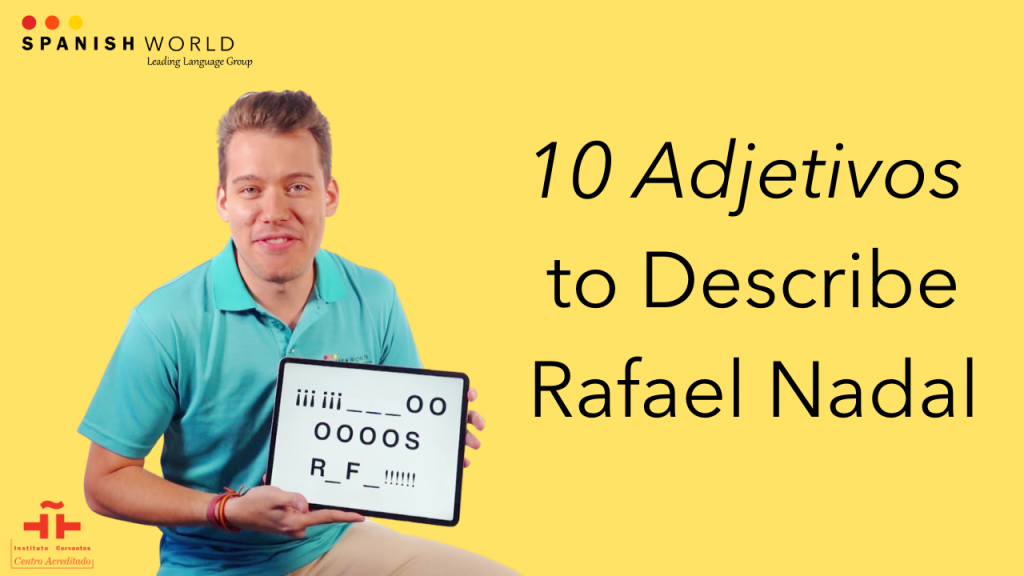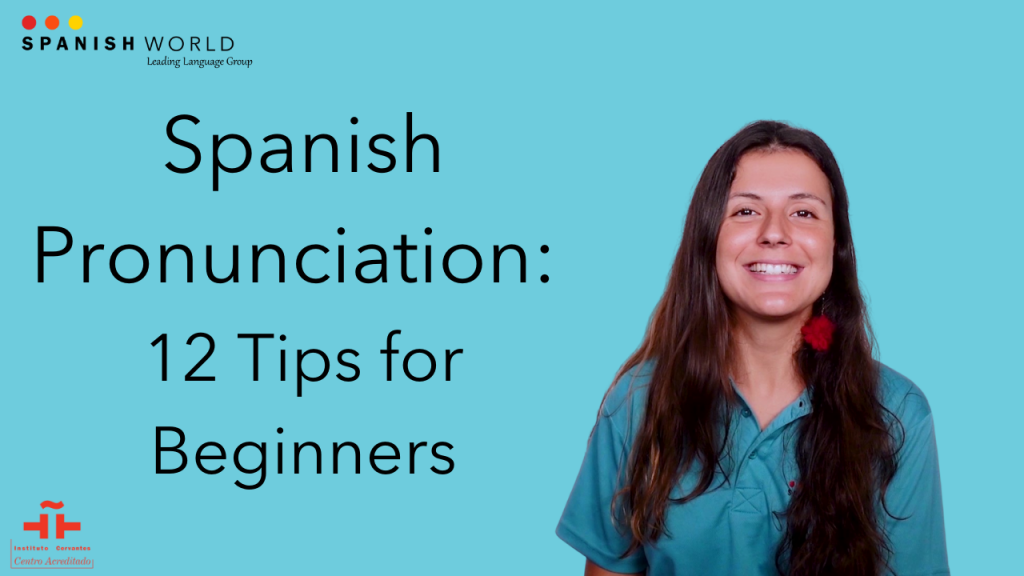When is a Good Time to Learn a Second Language?
Dear Readers,
Many of you will have wondered what the best age is for learning a language, or perhaps you want to study a language and think you will never be able to develop the skills needed to communicate at a native level; or if you are a parent maybe you want to know when it is advisable for your child to start learning a language.
Based on my experience as a Spanish teacher in Asia, I can say that you can achieve a communicative and linguistic competence like that of a native at any age. On the one hand, children are able to identify and articulate the sounds of Spanish in an amazing way, very close to how a native would do it, and when they produce orally they focus more on the transmission of the message without paying attention to the structures.
On the other hand, adults, at the time of oral production, focus more on structures and can be more precise in their discourse; however, often their pronunciation is not as adequate at the initial levels. Therefore, we could say that learning a language at different ages has its pros and cons, but this does not prevent reaching a linguistic and communicative competence close to that of a native, as this is possible at any age; so far, there is no conclusive study that states the opposite, according to an article by the British Broadcasting Corporation (BBC, 2018).
Now you know, dear readers, as the Spanish film director Luis Buñuel says, “Age is something that doesn’t matter, unless you’re a cheese,” so we invite you all: kids, teenagers and adults, to come and learn Spanish with us.
By María Luisa
¿Cuándo empezar a aprender una segunda lengua?
Queridos lectores,
Muchos de ustedes se habrán preguntado cuál es la mejor edad para aprender un idioma, o tal vez quieren estudiar un idioma y piensan que nunca alcanzarán a desarrollar las competencias necesarias para poder comunicarse al nivel de un nativo; o si ustedes son padres tal vez quieren saber en qué momento es recomendable que sus hijos empiecen a estudiar un idioma. Por eso el día de hoy hemos preparado esta publicación para ustedes.
De acuerdo con mi experiencia como docente de español en Asia, puedo afirmar que se puede alcanzar una competencia comunicativa y lingüística similar a la de un nativo a cualquier edad. Por un lado, los niños son capaces de identificar y articular los sonidos del español de manera asombrosa, muy cercana a la forma en que lo haría un nativo, y cuando producen oralmente se enfocan más en la transmisión del mensaje, sin prestar atención a las estructuras. Por otro lado, los adultos, al momento de la producción oral se centran más en las estructuras y pueden lograr ser más precisos en su discurso; sin embargo, muchas veces su pronunciación no es tan adecuada en los niveles iniciales. Por lo tanto, podríamos decir que aprender un idioma a diferentes edades tiene sus pros y sus contras, pero esto no impide alcanzar una competencia lingüística y comunicativa cercana a la de un nativo, ya que esto es posible a cualquier edad, pues hasta la fecha no existe ningún estudio conclusivo que diga lo contrario según un artículo de la British Broadcasting Corporation (BBC, 2018).
Ya saben, queridos lectores, como dice Luis Buñuel (director de cine español) “La edad es algo que no importa, a menos que seas un queso”, así que los invitamos a todos: niños (desde año y medio hasta los 10 años), adolescentes y adultos a estudiar español en Spanish World, Hong Kong.
Por María Luisa




